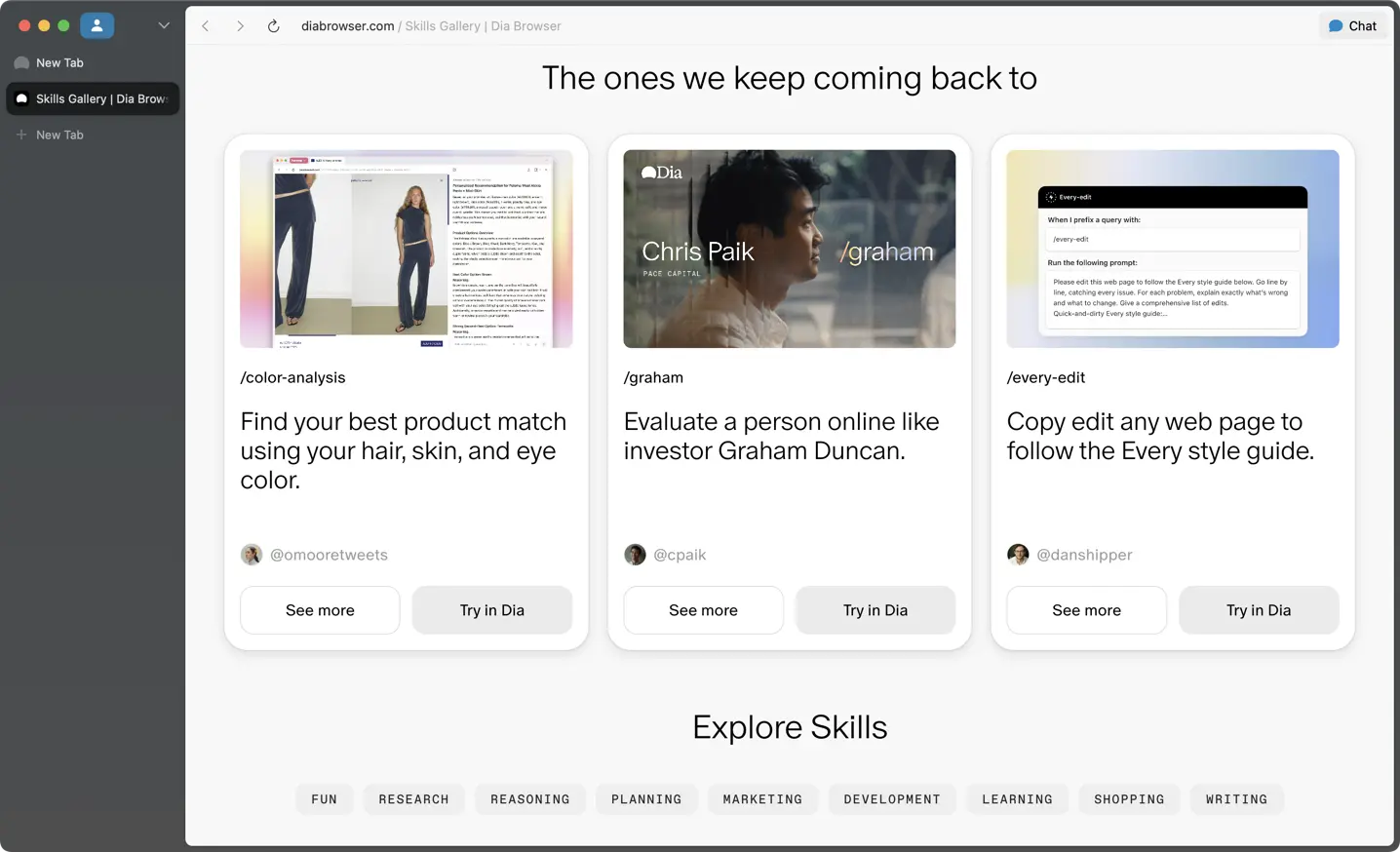
We believe there are better options available in this category, read below to learn what this software does well, and what they could do better. ⤵

.webp)
.webp)
.webp)
.webp)
.webp)


.svg)

No shady privacy policies or back doors for advertisers. Just a lightning fast browser that doesn’t sell you out.
Firefox is one of the only privacy-focused browsers that is not built atop Chromium, in theory giving it further distance from the stronghold that Google has in the browser market.
What this ultimately means is all the Chrome extensions that people use and rely on are not compatible with Firefox unless rebuilt specifically for it. Think of it like iOS, Android, and Windows Phone/BlackBerry (which neither exist anymore, but the point is), you'll typically get developers building for iOS first (think of as Chromium/Chrome), Android second (think of as Webkit/Safari), and then Quantum Browser Engine third (Firefox).
Because of that, while you may be choosing a "privacy-focused" browser like Firefox, you're also getting substantially less third-party app support, and a higher chance of websites not performing as intended (like legacy banks or modern sites using newer technology). It simply comes down to there not being enough marketshare for web developers to focus on making everything work properly in Firefox as it only accounts for less than 3% of global marketshare.
Given this foundational difference, it means that the millions of Chrome extensions that are accessible to people, are not in Firefox, unless they rebuild it for Firefox, giving people less options if they choose Firefox as their primary browser.
For that reason, most people who use Firefox also use a second browser as well (typically based on Chromium), like Arc Browser, Chrome, or Brave for when they need full features and functionality like full Chrome Extension support.
That said, while they are a non-profit and privacy focused, they still make the far majority of their money from Google ($500M/yr) by having Google as the default search engine. So if you want to be a sustainable browser, you really need to just make a deal with Google in some way.
Some argue that Google is in some way strategically paying Firefox at this point just to make it seem like Chrome is not a monopoly.

.webp)
.webp)
.webp)
.webp)
.webp)



AI won’t exist as an app. Or a button. It’ll be an entirely new environment — built on top of a web browser.
Dia Browser is the latest project from The Browser Company (the same team behind Arc Browser), and while it’s an interesting experiment, it feels more like a stripped-down Chrome with an AI sidekick than an actual serious browser contender.
The Browser Company was acquired by Atlassian for $610M, where they will continue building both browsers (focusing on Dia) but with more financial backing to hire more. Although typically acquisitions by the likes of Atlassian have led to stagnation (e.g. Loom). We're cautiously optimistic about this one though since the agentic browser space requires so much financial backing, with Comet by Perplexity investing billions into building out their competitor to Dia.
Dia is for those who are super excited about agentic browsers (think of a baked-in AI chat sidebar, that can co-pilot the browser with you at times).
If you're someone that likes the idea of being able to have pre-built prompts that can be ran that interact with and take into consideration the content on the page you're visiting, then you'll love their "Skills" functionality (this will either immediately click for you as to what's possible, or not):

Sorta. The main competition going on right now is between Perplexity's Comet vs Dia. And while I see some promise behind Dia, I am definitely finding myself only using it for some personal searching. Like going in the depths on researching to buy something. It hasn't been able to replace Arc Browser as my day-to-day work and productivity-focused browser.
It's also incredibly difficult for me to break the habit (or even want to) use ChatGPT less (I use the desktop app, triggering it with CTRL + spacebar), and it seems the team really wants you to embrace their AI chatbot in-place of ChatGPT to get the full benefits (of getting your browser to learn and understand you.
With all of that, if you’re someone who just wants a clean browser with built-in AI to summarize articles or answer questions, speak to your open tabs and YouTube videos to help with research, then sure, Dia might be worth giving a shot. But if you actually care about productivity, speed, and having real control over your setup, Arc still feels lightyears ahead (yes, even in maintenance mode). It's clear that Dia was built for a totally different audience (e.g. my parents or those who haven't taken to embracing AI just yet, then absolutely yes, Dia feels like a solid gateway into this).


.webp)
.webp)
.webp)
.webp)
.webp)

